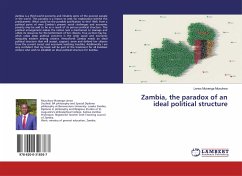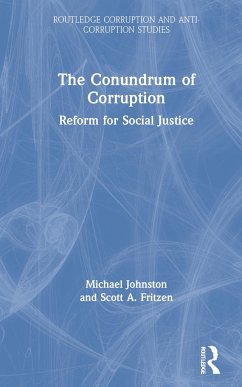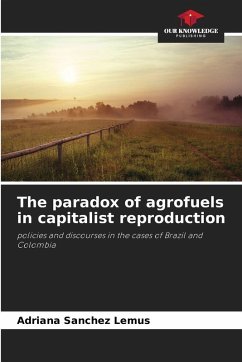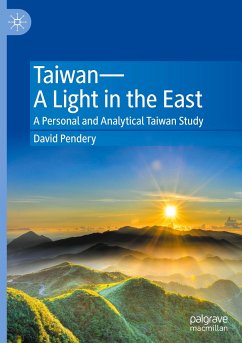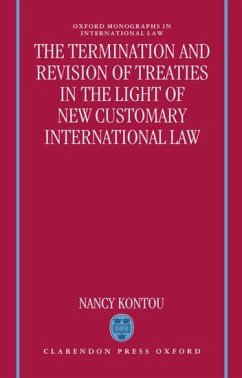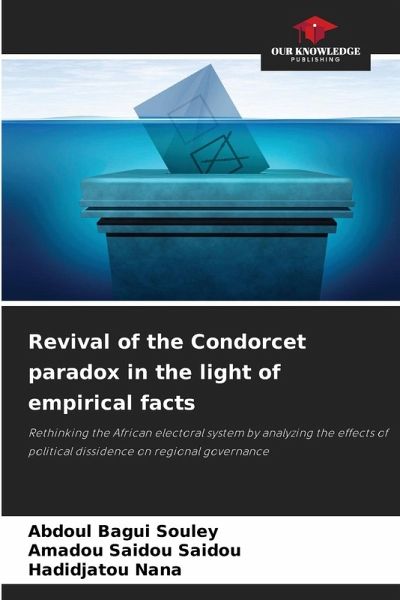
Revival of the Condorcet paradox in the light of empirical facts
Rethinking the African electoral system by analyzing the effects of political dissidence on regional governance
Versandkostenfrei!
Versandfertig in 6-10 Tagen
53,99 €
inkl. MwSt.

PAYBACK Punkte
27 °P sammeln!
The aim of this study is to rethink Condorcet's paradox in the light of empirical evidence. This is done by analyzing the effects of political dissent on the quality of governance in sub-Saharan Africa, in the light of the challenges related to the quality of governance that plague this area. This work uses cross-national data covering the period 2008-2022. Following the empirical models developed by Rose-Ackerman and the use of estimation techniques: the generalized method of moments and the double least squares method, this study leads to the results that: political dissent has positive and ...
The aim of this study is to rethink Condorcet's paradox in the light of empirical evidence. This is done by analyzing the effects of political dissent on the quality of governance in sub-Saharan Africa, in the light of the challenges related to the quality of governance that plague this area. This work uses cross-national data covering the period 2008-2022. Following the empirical models developed by Rose-Ackerman and the use of estimation techniques: the generalized method of moments and the double least squares method, this study leads to the results that: political dissent has positive and significant effects on voice and accountability and the control of corruption, thus confirming the hypotheses formulated. Given these results, to promote sustainable economic development and better governance, decision-makers should consider policies that strengthen participatory democracy, reduce corruption, improve the rule of law, promote access to new technologies and optimize public sector efficiency.






